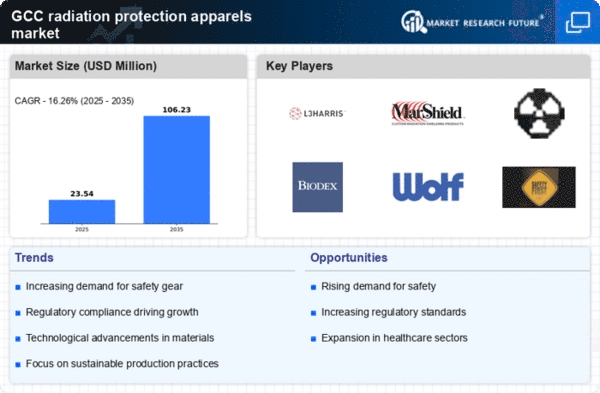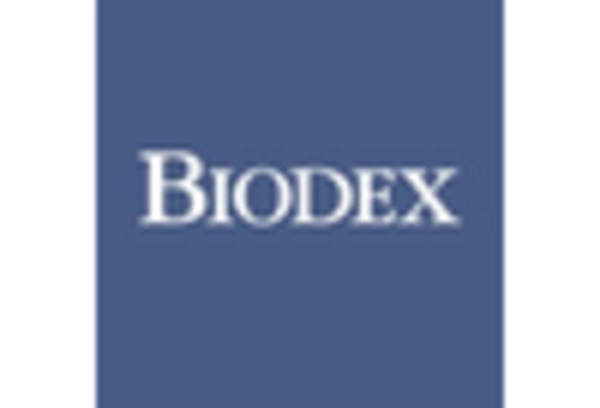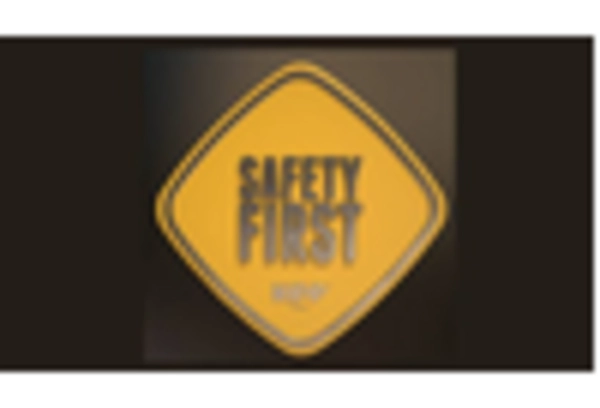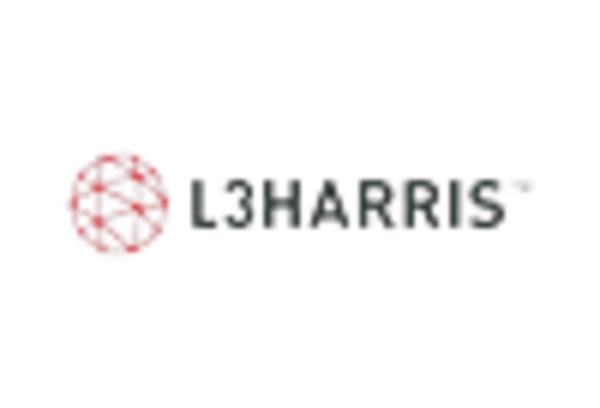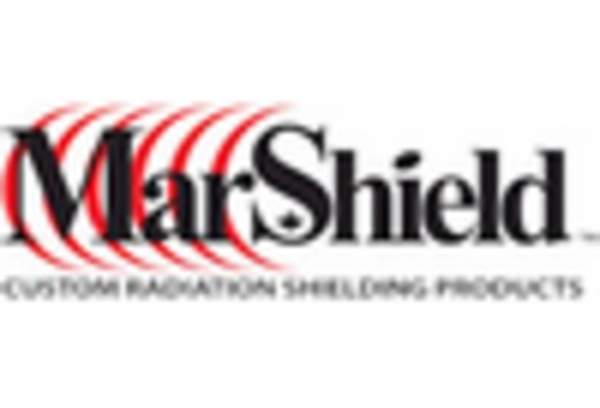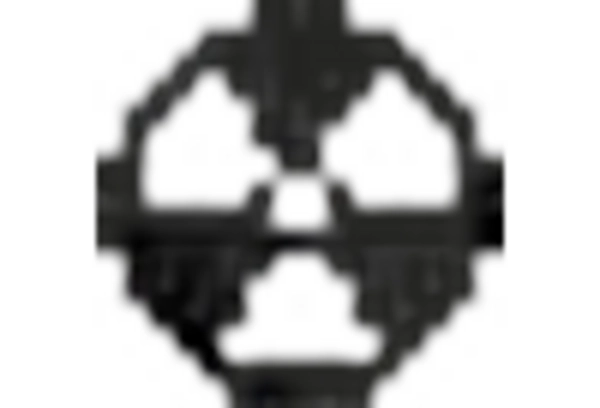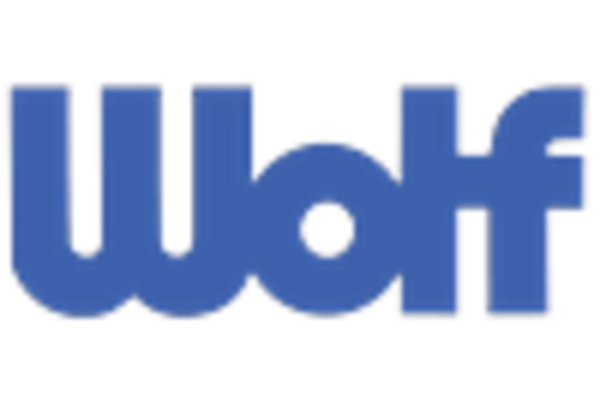Growth in Nuclear Energy Sector
The growth in the nuclear energy sector is a significant driver for the radiation protection-apparels market. As GCC countries explore nuclear energy as a sustainable power source, the demand for protective apparel is expected to rise. The nuclear industry requires stringent safety measures, including the use of specialized radiation protection clothing for workers. With investments in nuclear projects projected to exceed $30 billion in the coming years, the market for radiation protection apparel is likely to experience substantial growth. This trend indicates a shift towards a more diversified energy portfolio in the region, which will necessitate enhanced safety protocols and protective measures for personnel working in nuclear facilities.
Expansion of Healthcare Infrastructure
The expansion of healthcare infrastructure in the GCC region significantly influences the radiation protection-apparels market. As hospitals and medical facilities grow, the need for radiation protection apparel becomes more pronounced, particularly in radiology departments and oncology units. The GCC countries are investing heavily in healthcare, with expenditures projected to reach $100 billion by 2025. This investment is likely to drive demand for specialized protective clothing, as healthcare professionals require reliable and effective solutions to shield themselves from radiation exposure. Furthermore, the increasing number of diagnostic imaging procedures performed annually contributes to the market's growth, as healthcare providers prioritize the safety of their staff and patients alike.
Increasing Awareness of Radiation Risks
The rising awareness regarding the potential health risks associated with radiation exposure is a key driver for the radiation protection-apparels market. Educational campaigns and health advisories have highlighted the dangers of radiation in various sectors, including healthcare and nuclear industries. As a result, professionals in these fields are increasingly seeking protective apparel to mitigate risks. The market is projected to grow as more individuals recognize the importance of safeguarding themselves against radiation. In the GCC region, the demand for protective clothing is expected to rise, with estimates suggesting a growth rate of approximately 8% annually. This heightened awareness is likely to propel investments in innovative radiation protection technologies, further enhancing the market landscape.
Regulatory Frameworks and Safety Standards
The establishment of regulatory frameworks and safety standards plays a crucial role in shaping the radiation protection-apparels market. Governments in the GCC region are implementing stringent regulations to ensure the safety of workers exposed to radiation. Compliance with these regulations necessitates the use of appropriate protective apparel, thereby driving market growth. Organizations are increasingly investing in certified radiation protection clothing to adhere to safety standards, which may lead to a market expansion of approximately 6% annually. This regulatory environment not only fosters a culture of safety but also encourages manufacturers to innovate and improve their product offerings, ensuring that they meet the evolving needs of various industries.
Technological Innovations in Protective Fabrics
Technological innovations in protective fabrics are transforming the radiation protection-apparels market. Advances in material science have led to the development of lightweight, flexible, and highly effective radiation shielding fabrics. These innovations not only enhance comfort but also improve the overall efficacy of protective apparel. In the GCC region, manufacturers are increasingly adopting these advanced materials to meet the growing demand for high-quality radiation protection solutions. The market is expected to witness a compound annual growth rate (CAGR) of around 7% over the next five years, driven by the introduction of new fabric technologies that offer superior protection without compromising on wearability. This trend indicates a shift towards more sophisticated and user-friendly protective apparel.


